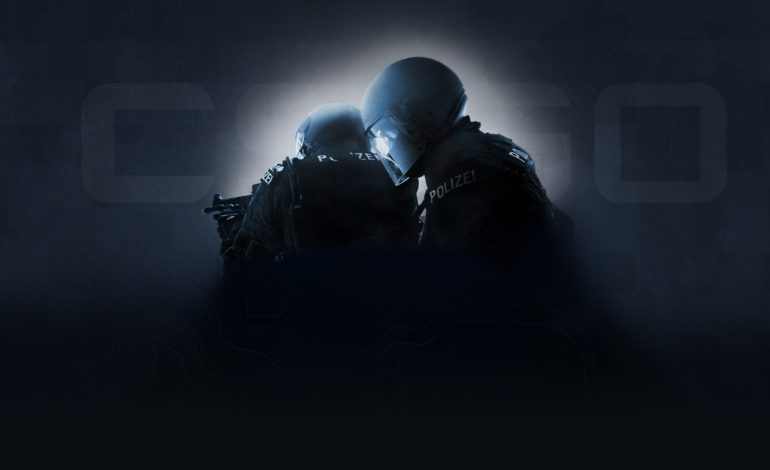

According to Richard Lewis, a reporter known for breaking Counter-Strike-related stories, a sequel to CS: GO is coming, relatively soon. “A new version of Counter-Strike [is] on its way and that had been worked on for some time,” sources told Lewis. “The new version is almost certainly set to be released under the working title Counter Strike 2 and the tentative release date for the beta is in this month of March with April 1st at the outside,” Lewis said.
According to the sources, the game has been a priority for Valve’s team which includes members that have overseen the development of previous versions in the Counter-Strike series. The sources say that this is why CS: GO has been largely unattended to for some time. “The big priority is getting this out and then polishing it, fixing any bugs and bringing it up to the level people expect from CS.”
Features for Counter-Strike 2 include running on the Source 2 engine which will improve the optimization and graphical fidelity of the game. This may come at a cost of performance for players with low-end PCs. Valve has a philosophy of empowering those with everyday gaming rigs to be able to play their games. Sources confirmed that the official servers will be 128 tick which brings it in line with VALORANT. Counter-Strike 2 will include a much improved matchmaking system with features that would make third-party plugging services unnecessary. The beta will launch with similar matchmaking features that are currently in CS: GO.
Something weird just happened. Latest NVIDIA drivers introduced support for unknown app executables called “csgos2.exe” and “cs2.exe”. Why project is called Counter-Strike 2 and what are you cooking @csgo? https://t.co/U9YKlAjwgy pic.twitter.com/PU8Op9uGLq
— Gabe Follower 2 (@gabefollower) March 1, 2023
New NVIDIA drivers introduce support for two new, unknown apps. These are reportedly related to Counter-Strike 2 and have been implemented ahead of the launch of the beta. Sources say that the game “was about ready to go” and said that the game has already been tested by an unnamed group of professional players that were flown out in secret to Valve’s headquarters in Seattle.
Play games, take surveys and take advantage of special offers to help support mxdwn. Every dollar helps keep the content you love coming every single day.
